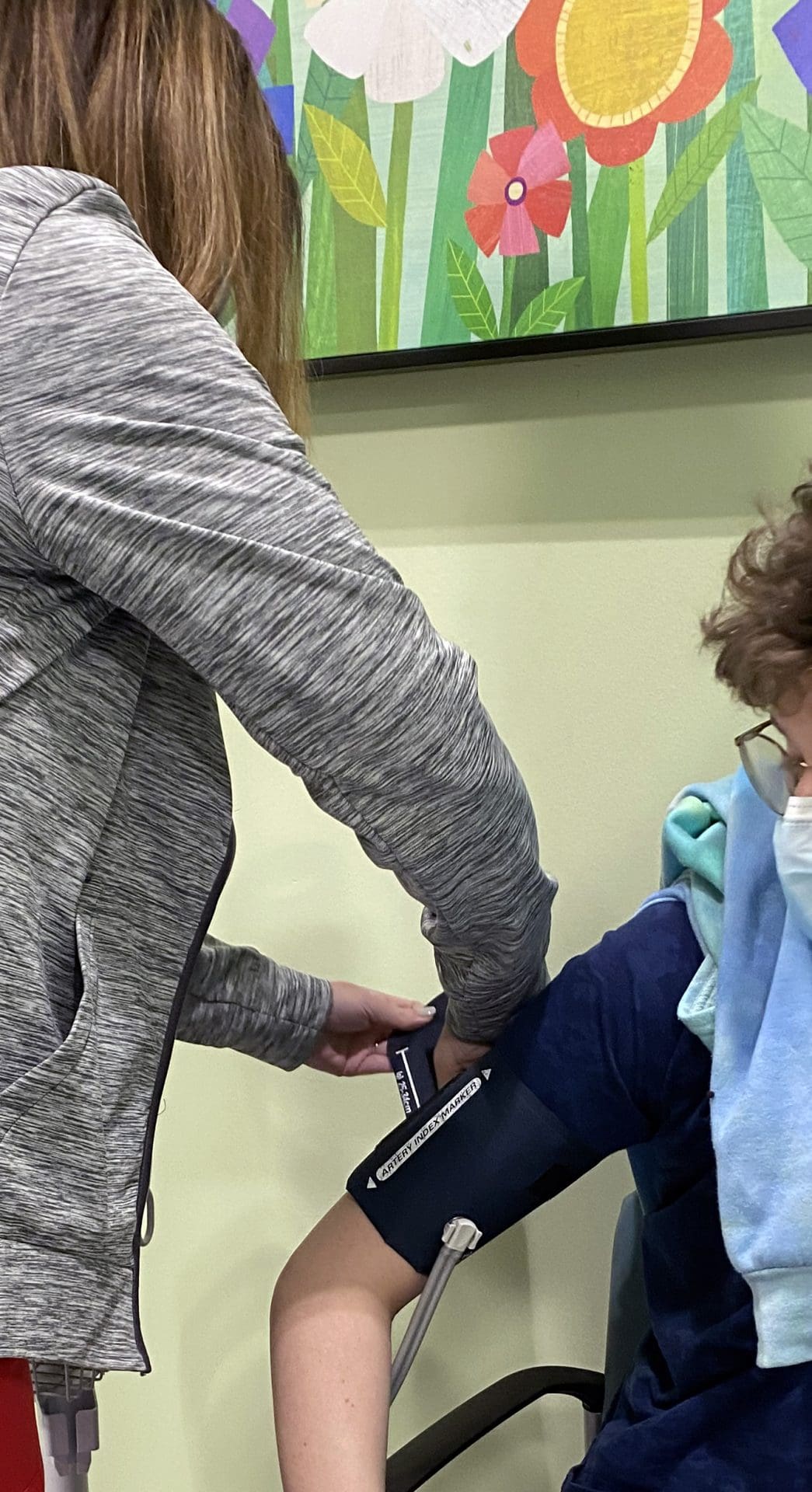
A comprehensive scientific statement from the American Heart Association underscores the critical cardiovascular health challenges facing emerging adults, revealing that many teenagers enter adulthood with substantial risk factors for heart disease.
The research, published in the Journal of the American Heart Association, identifies emerging adulthood—the period between ages 18 and late twenties—as a crucial time for addressing potential cardiovascular risks. During this phase, individuals experience significant life transitions that can negatively impact heart health.
Key findings indicate that by age 18, many adolescents have already developed heart disease risk factors, including high blood pressure, obesity, high cholesterol, and Type 2 diabetes. The statement emphasizes that this developmental period is characterized by reduced healthcare engagement, decreased physical activity, and potential lifestyle changes that can compromise long-term cardiovascular wellness.
Social determinants of health play a significant role in cardiovascular risk during this transition. Factors such as education level, neighborhood environment, economic stability, and social connections critically influence heart health outcomes. The statement advocates for policies addressing social and economic inequities and promoting access to healthcare and healthy lifestyle resources.
Healthcare access presents another substantial challenge. Emerging adults constitute the largest group of uninsured individuals in the United States, with potential coverage gaps when transitioning from parental insurance or losing Medicaid eligibility. Moreover, only 40% of insured emerging adults utilize healthcare services, suggesting broader barriers beyond insurance status.
The scientific statement recommends several strategies to mitigate cardiovascular risks, including integrating heart health principles into educational settings, leveraging telehealth and mobile technologies, and creating more targeted healthcare interventions. Clinicians are encouraged to prioritize cardiovascular health discussions during patient interactions.
Jewel Scott, the statement’s writing group chair, emphasized the significance of this life stage, noting that emerging adulthood represents an ideal opportunity to establish lifelong heart-healthy practices. The research calls for a comprehensive approach involving healthcare professionals, educators, policymakers, and community organizations to support young adults’ cardiovascular health.

This news story relied on a press release distributed by NewMediaWire. Blockchain Registration, Verification & Enhancement provided by NewsRamp™. The source URL for this press release is Emerging Adulthood Poses Critical Cardiovascular Health Challenges, AHA Finds.